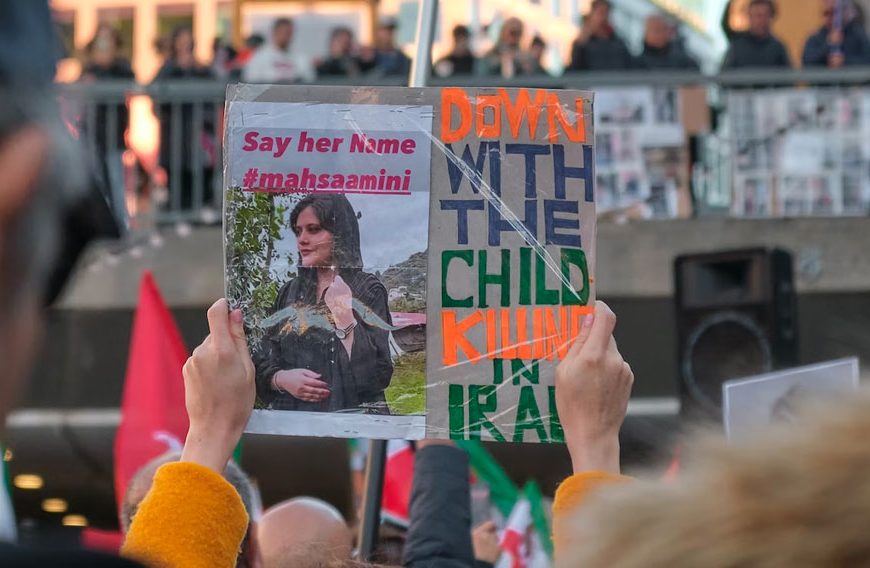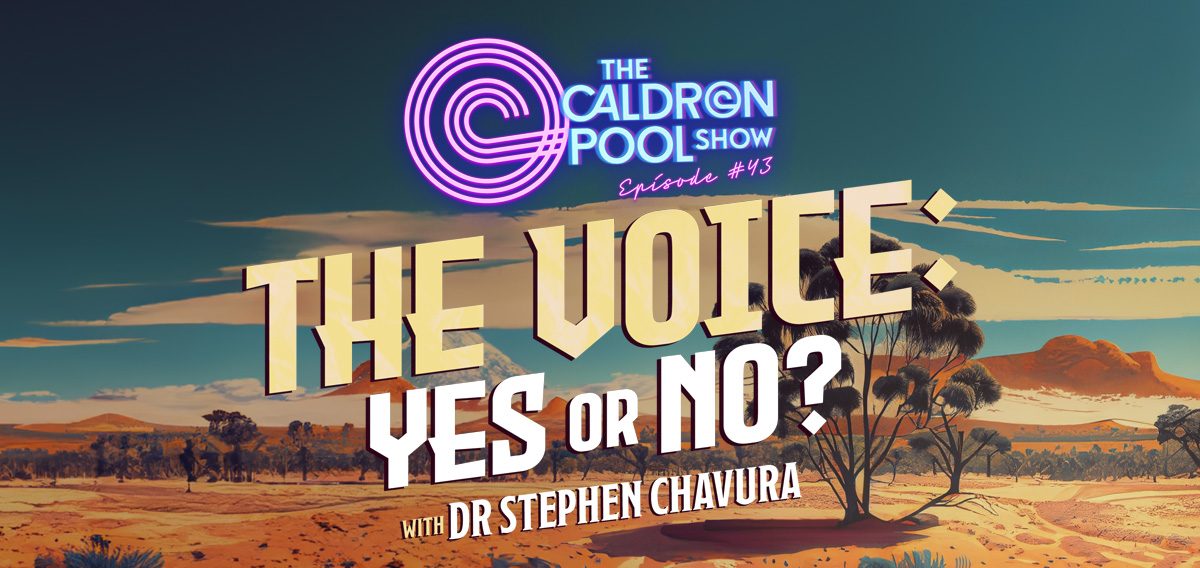There’s been quite a bit of talk in recent months about what it means to “love your neighbour,” especially in light of government health measures that remove individual freedoms in the name of protecting the common good.
Numerous public figures have urged their communities not to worry about the preservation of rights, because, they argue, it is their Christian duty to forfeit their personal liberties for the good of the broader community.
It sounds like a noble, self-sacrificial approach. After all, Jesus commanded his followers to “love your neighbour as yourself” (Matt. 22:39), and there is “no greater love” than laying down your life, or in this case, your individual rights and freedoms, for your friends (John 15:13).
Of course, what’s often implied here is not only that people ought to take this approach, but that it would, in fact, be sinful not to.
Only a “selfish” and “individualistic-minded person” would insist on their personal rights at the potential risk of other people’s safety and wellbeing. Or so the argument goes.
However, there are a number of significant issues with this line of thinking. The most obvious problem is that it assumes those who prioritize rights are motivated by self-interest, while those who prioritize safety are primarily moved by a concern for others.
But what’s the basis for thinking protecting rights and freedoms is an intrinsically selfish endeavour?
Were the abolitionists, who fought for the rights and freedoms of the slaves motivated by self-interest or by a love for their fellow man? Are pro-life advocates who, day after day, pray outside abortion clinics driven by selfishness or a concern for the well-being of others?
It’s disingenuous to suggest that those who prioritize rights and freedoms have opted for a less than loving approach. This is especially obvious when we consider the likely risks for others that come with the forfeiting of individual rights.
As Allie Beth Stuckey recently commented: “A trend I see is professing Christians decrying the insistence upon rights before ‘loving your neighbor.’ Take a look at any dictator-ruled country. Take a gander at the 20th century. Skim the Gulag Archipelago. And see what it looks like when people no longer insist upon rights.”
This isn’t a debate between individual rights versus loving your neighbour. Anyone who frames it in such a way is either ignorant of what they’re talking about or worse, they’re intentionally manipulating their hearers.
We can assume both sides want the best for their neighbour. One group says less freedom means more safety from potential sickness, and that is what’s best for their neighbour. The other group says more freedom means more safety from government overreach, and that is what’s best for their neighbour.
One group believes the virus poses a greater risk to the person next to them. The other group believes government overreach poses a greater risk to the person next to them.
But there is no basis to suggest that those who want safety want it for others, while those who want freedom only want it for themselves. Could it not be just as true the other way around?
People on both sides may be motivated by selflessness. But it is also possible that people on both sides may be motivated by selfishness. Preferencing safety from sickness, rather than government overreach, is no guarantee that one’s motives are more “loving” than anyone else’s.
Speak to just about any public Christian presently advocating for the protection of individual rights and you won’t hear about selfish individualism, despite what detractors might say. Rather, what you’ll find, more often than not, is a parental concern for family, a brotherly concern for friends, and a Christian love for the broader nation, and in particular, those less fortunate groups within society that are often the first to suffer when they no longer have the protection of “rights.”
In other words, we protect rights because rights protect people. Not just from obvious, sinister villains who openly wish others harm, but more importantly, from those who are most likely to do harm under the guise of doing good, and often with the approval of a naïve public.
It’s been said the road to hell is paved with good intentions, and many have warned the forfeiting of rights, even “temporarily” (if that is possible), may set the deadliest precedent of all. Why? Because when the collective good trumps the individual’s rights, then the individual’s surest protection and value is not to be found inherent to their humanity, but rather, according to their contribution to the community.
That’s not a road anyone, much less a Christian, should like to see society go down.
What other “tough love” measures might be enforced in a society that values “community good” over individual rights? What happens when an individual becomes a greater cost to the community than perceived benefit? There’s a good portion of the population that many believe presently depend on society more than society depends on them.
A few years ago, the Netherlands aired a TV show titled, The Last Downer. The program revolved around the end of Down syndrome and explored the ethical, social, and psychological consequences of having a child with Down syndrome.
During the show, the host posed the question of what a person with Downs syndrome costs the broader society. The Dutch National Institute for Public Health and Environment revealed at the time that every “Downer” costs the community €48,000 every single year, while in contrast, the “normal” person was said to cost only €5,000 per year.
What would the implications of this be in a society that sacrifices the individual’s rights for the collective good?
In response to the program, Robert P. George, Professor at Princeton University said: “My God! People! People!!! Do you not see where this goes??? Do the Dutch who suffered under – and in many cases heroically resisted – Hitler’s domination, forget the ‘final solution’ being with the dehumanization and eugenic killing of the handicapped?”
Of course, in a society that cherishes all life (ours does not) and values individual rights (evidently, an increasingly uncommon position), this would be of little consequence. We cannot put a price on human life, and even if somebody tried to, rights exist to protect people from being treated differently on that basis.
It is for this reason that we all ought to strive to protect the existing rights and freedoms of our neighbours. It is for this reason that we ought to reject the notion that rights and freedoms are somehow at odds with the collective good.
Rights exist to protect people from harm, whether that harm is inflicted by bad intentions or good. To protect rights is to protect people. And to protect people is to love your neighbour as yourself.
You might genuinely believe that the people’s individual choices pose a greater threat to the community than a government dictating those choices for the people. But let’s put away the self-righteous and conceited notion that everyone who doesn’t agree with that idea is a selfish, individualist who cares nothing for the person next to them.
In fact, to mischaracterize those who prioritize certain freedom over potential safety as “unloving” and “selfish,” when that is clearly not by necessity the case, is itself, ironically, a violation of what it means to “love your neighbour as yourself.”



















